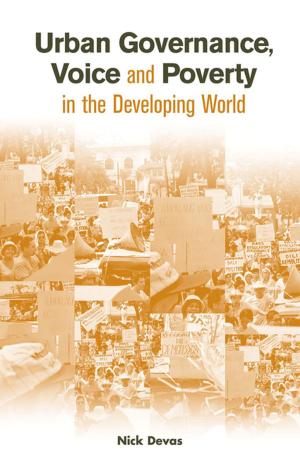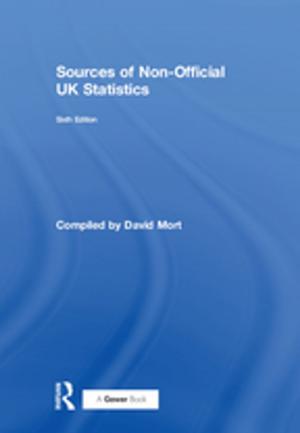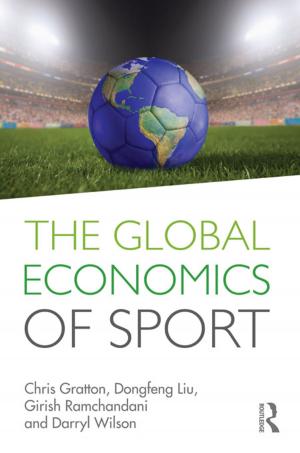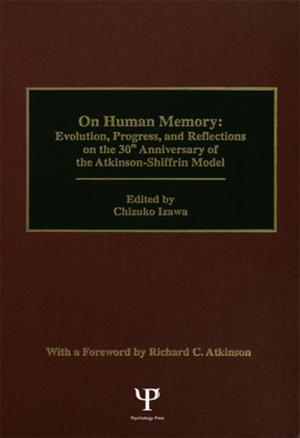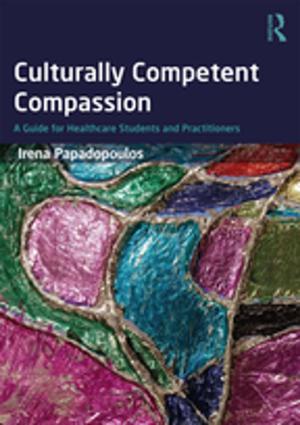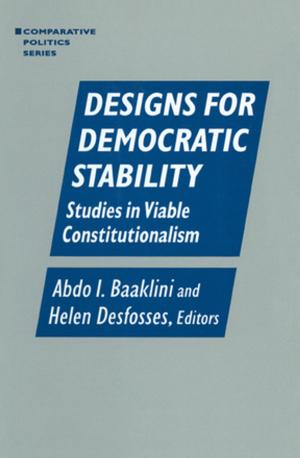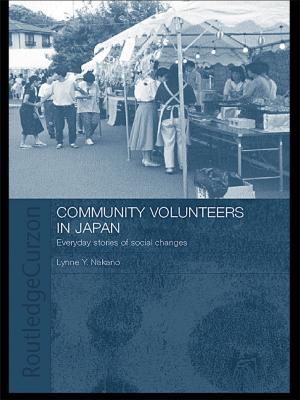Portugal in the European Union
Assessing Twenty-Five Years of Integration Experience
Nonfiction, Social & Cultural Studies, Political Science, International, International Relations| Author: | ISBN: | 9781317815440 | |
| Publisher: | Taylor and Francis | Publication: | January 10, 2014 |
| Imprint: | Routledge | Language: | English |
| Author: | |
| ISBN: | 9781317815440 |
| Publisher: | Taylor and Francis |
| Publication: | January 10, 2014 |
| Imprint: | Routledge |
| Language: | English |
This book examines the involvement of Portugal in the European integration process since the country signed the Accession Treaty in 1985.
The volume elicits how Portugal has grasped opportunities and challenges emanating from its participation in the institutional, regulatory and political frameworks of the European Union (EU), as these have become more intricate as well as intrusive. It scrutinizes the adjustments and transformations that have taken place in Portuguese society, politics and economics as well as in the country’s international relations, as engendered by its increasing enmeshment in the Community-building dynamics. It is divided into three main parts:
• Part I focuses on the major changes within the domestic arena, notably on the political, economic and social fronts;
• Part II addresses the adjustments that the Portuguese leadership had to make in order to secure the country's participation in key common policies and strategies;
• Part III is centred on foreign policy and assesses and discusses the impact upon Portugal’s international relations.
This book will be of interest to students and scholars of European politics, EU studies, comparative politics and those with a strong interest in Portugal.
This book examines the involvement of Portugal in the European integration process since the country signed the Accession Treaty in 1985.
The volume elicits how Portugal has grasped opportunities and challenges emanating from its participation in the institutional, regulatory and political frameworks of the European Union (EU), as these have become more intricate as well as intrusive. It scrutinizes the adjustments and transformations that have taken place in Portuguese society, politics and economics as well as in the country’s international relations, as engendered by its increasing enmeshment in the Community-building dynamics. It is divided into three main parts:
• Part I focuses on the major changes within the domestic arena, notably on the political, economic and social fronts;
• Part II addresses the adjustments that the Portuguese leadership had to make in order to secure the country's participation in key common policies and strategies;
• Part III is centred on foreign policy and assesses and discusses the impact upon Portugal’s international relations.
This book will be of interest to students and scholars of European politics, EU studies, comparative politics and those with a strong interest in Portugal.





